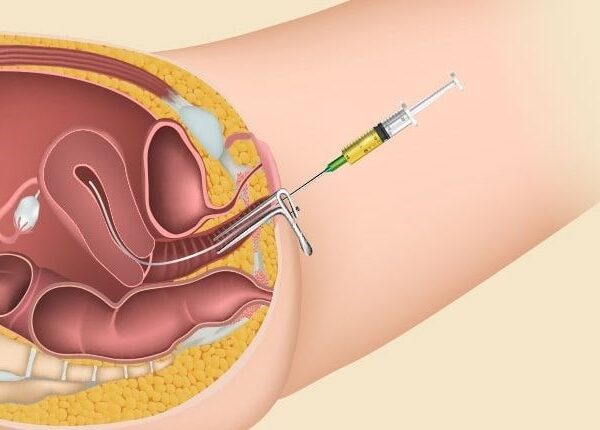Introduction
The journey of addiction recovery is multifaceted, involving more than just abstaining from substances. It’s a holistic process where physical health, particularly diet, plays a crucial role in supporting mental well-being. This article explores the profound impact of diet on mental health during addiction recovery, underscoring the importance of nutritional care in this transformative journey.
Understanding the Diet-Mental Health Connection
The Role of Nutrition in Recovery
Nutrition often takes a backseat during active addiction, leading to a range of deficiencies that affect both physical and mental health. Recovery is an opportunity to rebuild the body and mind, and a balanced diet is fundamental in this process. Proper nutrition aids in repairing the damage caused by substance abuse, replenishing essential nutrients, and improving overall well-being.
Nutritional Deficiencies and Mental Health
Specific nutritional deficiencies can exacerbate mental health issues, which are often intertwined with addiction. For instance, deficiencies in omega-3 fatty acids, B vitamins, and amino acids can affect mood regulation and cognitive functions. Addressing these deficiencies through diet can significantly enhance mental health and support recovery efforts.
Key Dietary Considerations in Addiction Recovery
Balanced and Nourishing Meals
A balanced diet comprising fruits, vegetables, whole grains, lean protein, and healthy fats is vital. This combination ensures the body receives a wide range of essential nutrients necessary for physical and mental recovery.
Importance of Hydration
Hydration is another crucial aspect often overlooked. Adequate water intake supports overall health and is especially important in detoxifying the body during the initial stages of recovery.
Limiting Processed Foods and Sugars
Reducing the intake of processed foods and sugars is beneficial. These can lead to mood swings and energy crashes, which might negatively impact mental health and potentially trigger cravings.
Regular, Consistent Meals
Regular meal patterns help stabilize blood sugar levels, reducing mood swings and improving energy levels. Consistency in eating habits is key to maintaining a balanced mood and physical health.
Integrating Diet into Recovery Programs
Recognizing the importance of diet, many rehab centers include nutritional counseling and tailored meal plans as part of their recovery programs. These centers understand that a well-balanced diet can significantly enhance the effectiveness of recovery treatments by supporting both physical and mental healing.
Additional Resources
For those interested in exploring the connection between diet and mental health further, resources like the Academy of Nutrition and Dietetics provide evidence-based information on nutrition. Additionally, Mental Health America offers insights into how diet impacts mental health, particularly in the context of addiction recovery.
Conclusion
The impact of diet on mental health during addiction recovery cannot be overstated. A balanced, nutrient-rich diet plays a crucial role in the holistic healing process, supporting both physical and mental recovery. Integrating dietary considerations into recovery programs is vital for comprehensive treatment. By focusing on nutrition, individuals in recovery can significantly improve their chances of not only achieving sobriety but also maintaining overall well-being and mental health. Accessing resources and seeking support from professionals, including those at rehab centers, can provide valuable guidance on this journey towards a balanced and healthy life.





